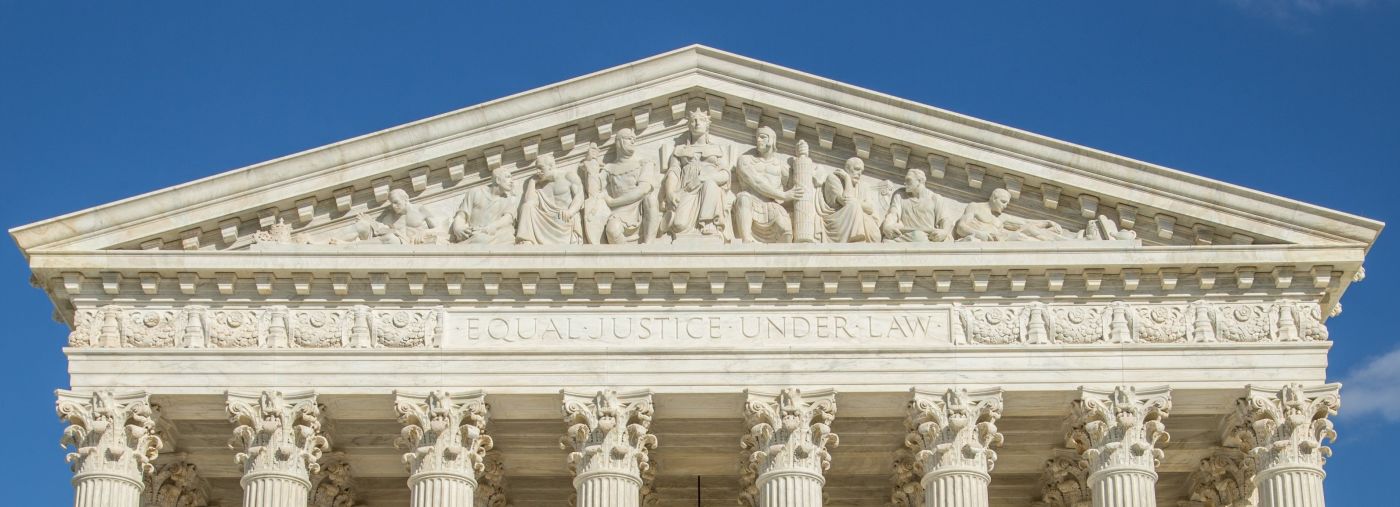
WHY ARE THERE NINE SUPREME COURT JUSTICES ANYWAY?
Democrats resent that President Obama did not get his nomination for the ninth spot on the Supreme Court. Republicans cannot understand why Democrats would hold up the confirmation of Judge Gorsuch for the same position. Yet again, the country is subjected to hyperbolic discussions of the “nuclear option” in the Senate. All of this assumes nine justices are imperative or desirable, but are they?
Must there be nine?
The short answer is: No. The Constitution does not require any certain number of seats. Instead, the job has been left to Congress, and for many years it was content to staff the Court with less than nine justices. The very first Congress thought six seats would be enough. The number changed several times over the next several decades. However, there have been nine seats since that number was set by the Judiciary Act of 1869. One would assume that there was a good reason to settle on nine.
Why do we have nine?
As it happens, there seems to be no particular reason to have nine justices. There are nine seats on the Court today because there were nine circuit courts in 1869. Today, there are 13 circuit courts, and no one is suggesting that there should be 13 justices on the Supreme Court. In fact, Chief Justice Charles Evans Hughes once argued that adding more justices would make the work of discussing and deciding cases almost impossible. Perhaps the converse is true and the Court would be better off with fewer members.
Why not spare us the perpetual fight?
For many months, a majority of the Senate has effectively decided that the Court functions perfectly well with eight justices. The Republicans thought so throughout 2016, and many Democrats now believe the same thing. (Maybe there was a change of power in the interim?) In that case, it might be better for the nation if Congress formalized the paralysis in the Senate. It could amend the law to reduce the number of seats on the Court. Democrats could go along because they could deny President Trump a nomination (for now), and Republicans could get behind the measure because two of the three oldest current members of the Court were appointed by Democrats. An agreement to disagree might be just what a weary (and increasingly cynical) public deserves.
